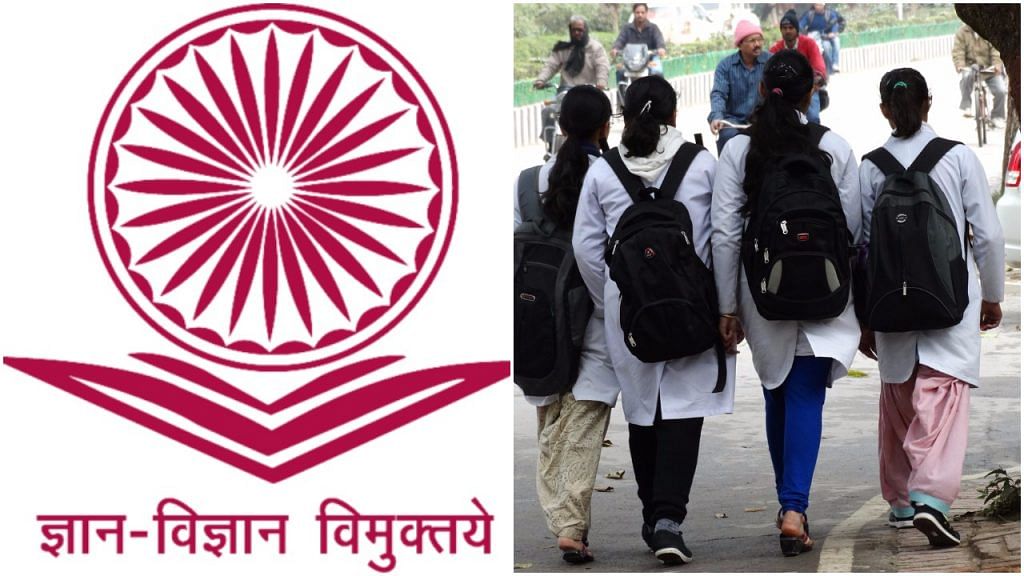UGC asked to form a committee, to be headed by retired HC judge, to work out fee structures for private medical colleges.
Even as the row over NEET continues to simmer, the Central government is preparing to regulate fees charged by private medical colleges affiliated to ‘deemed universities’ — a move that is likely to invite strong opposition.
The impact of this exercise will be most acutely felt in Tamil Nadu and Maharashtra where the bulk of deemed universities offering medical education are located.
Following the orders of the Madras High Court on a PIL in June 2017, the HRD ministry has now directed the University Grants Commission to constitute a committee to work out a fee structure for all medical colleges affiliated to deemed universities.
It has been agreed that representatives of the Union health ministry will also be on the committee. A retired high court judge may be roped in to chair the panel to ensure its credibility, sources told ThePrint.
While the Madras HC orders came in June this year, there was a debate within the ministry on the merits of fixing a fee structure and ensuring parity among diverse medical colleges besides the locus standi of the Medical Council of India on the matter. It was ultimately agreed that representation on the committee from the health ministry would ensure that stakeholders’ concerns over fee-related issues are fully addressed.
While not all deemed universities run medical colleges, the bulk of those that do are located in Tamil Nadu and Maharashtra. While these medical colleges admitted students on the basis of their own entrance exams until 2015, they were forced to switch to the National Eligibility-cum-Entrance Examination Test (NEET) in 2016.
This, however, did not prevent medical institutes from effecting huge fee hikes for MBBS courses. In 2016, there were reports of medical colleges resorting to a massive fee increase.
The PIL in the HC was filed after a group of students alleged that a Puducherry-based deemed university was seeking exorbitant advance payments for admissions. The court finally ordered that the UGC and HRD ministry set up a committee to regulate fees in medical colleges coming under deemed universities.
While there are no specific laws mandating a fixed fee structure for higher education institutes or deemed universities, there are provisions in the existing Deemed University Regulations that provide for the government to step in, in case of profiteering by way of fees being charged. These provisions, along with the HC order, will help it go ahead with the fee regulation plan, officials told ThePrint.
The All India Council for Technical Education (AICTE) had recently set up a committee and notified a fee structure for engineering courses like B.Tech and MBA, capping it at Rs 1.58 lakh per annum and Rs 1.71 lakh per annum, respectively.
